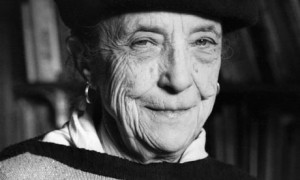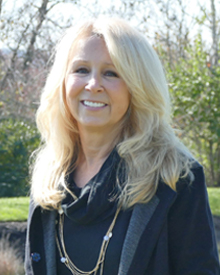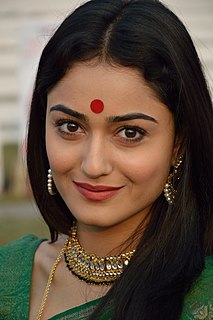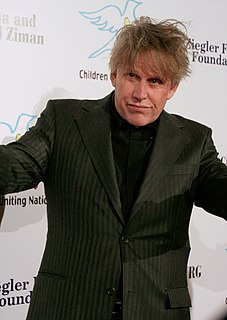A Quote by Elisabeth Moss
Obviously, my life and my job in 2010 is very different from Peggy's experience in the 1960s. I exist in a world that enjoys more equality between men and women. But I don't take any of that into my performance. I just want to play the character as who she is as an individual - scene to scene.
Related Quotes
I love Kimberly Peirce. Incredibly intense is a good way of describing her. Brutally honest. Really sharp. She's a director for actors. That's what she's best at, sitting down with an actor and just getting to the heart of what a scene is. And getting to the heart of not just what the scene is and the character is, but what you are, and how to build that bridge between the "me" and the character, and those emotions.
I really like the Chris-R scene and of course the "you are tearing me apart Lisa" scene. The reason I love the Chris-R scene is because we worked really hard to finish it. It's not just that though, it brings people together. Everyone is one the roof together by the end of the scene. You see the perspectives of the different characters. I feel like with all the connections in this scene that the room connects the entire world
I've begun to believe more and more that movies are all about transitions, that the key to making good movies is to pay attention to the transition between scenes. And not just how you get from one scene to the next, but where you leave a scene and where you come into a new scene. Those are some of the most important decisions that you make. It can be the difference between a movie that works and a movie that doesn't.
Women had to work like slaves in the art world, but a lot of men got to the top through their charm. And it hurt them. To be young and pretty didn't help a woman in the art world, because the social scene, and the buying scene, was in the hands of women - women who had money. They wanted male artists who would come alone and be their charming guests. Rothko could be very charming. It was a court. And the artist buffoons came to the court to entertain, to charm. Now it has changed, now the younger men are in - older women and younger men.
Even one word, or certainly one sentence, should be able to describe the basic characteristic that the scene has, or the character has, or the story has. And then you begin to detail that one spine, and you have offshoots from that spine, and it becomes more and more complex, but all of it stems from that one-word, one-line theme, which can give the character, the scene, or the play its uniqueness.
I think Julianne Moore is very, very good. I've worked with her. We did Surviving Picasso. I remember one scene we did together. She had to have a nervous, a mental, breakdown in this one scene. I didn't have many lines. I just had to make sure I knew I came in on cue all right. And I was just watching her walking though the rehearsal. I thought I know what she's doing, "This is going to be terrific." So they said, "Are you ready" and she said, "Yeah," "Ok, roll the camera." And all in one take.
The stage is the opposite: you are talking loud so you can project to the back row and you know the whole play. In a movie, you are scene-to-scene; you only know the purpose of that scene. On the stage, that is artistic science. It is real, it is loving, it is truthfully you. It is two different formulas to make two different art pieces, but it is all about truth.



































